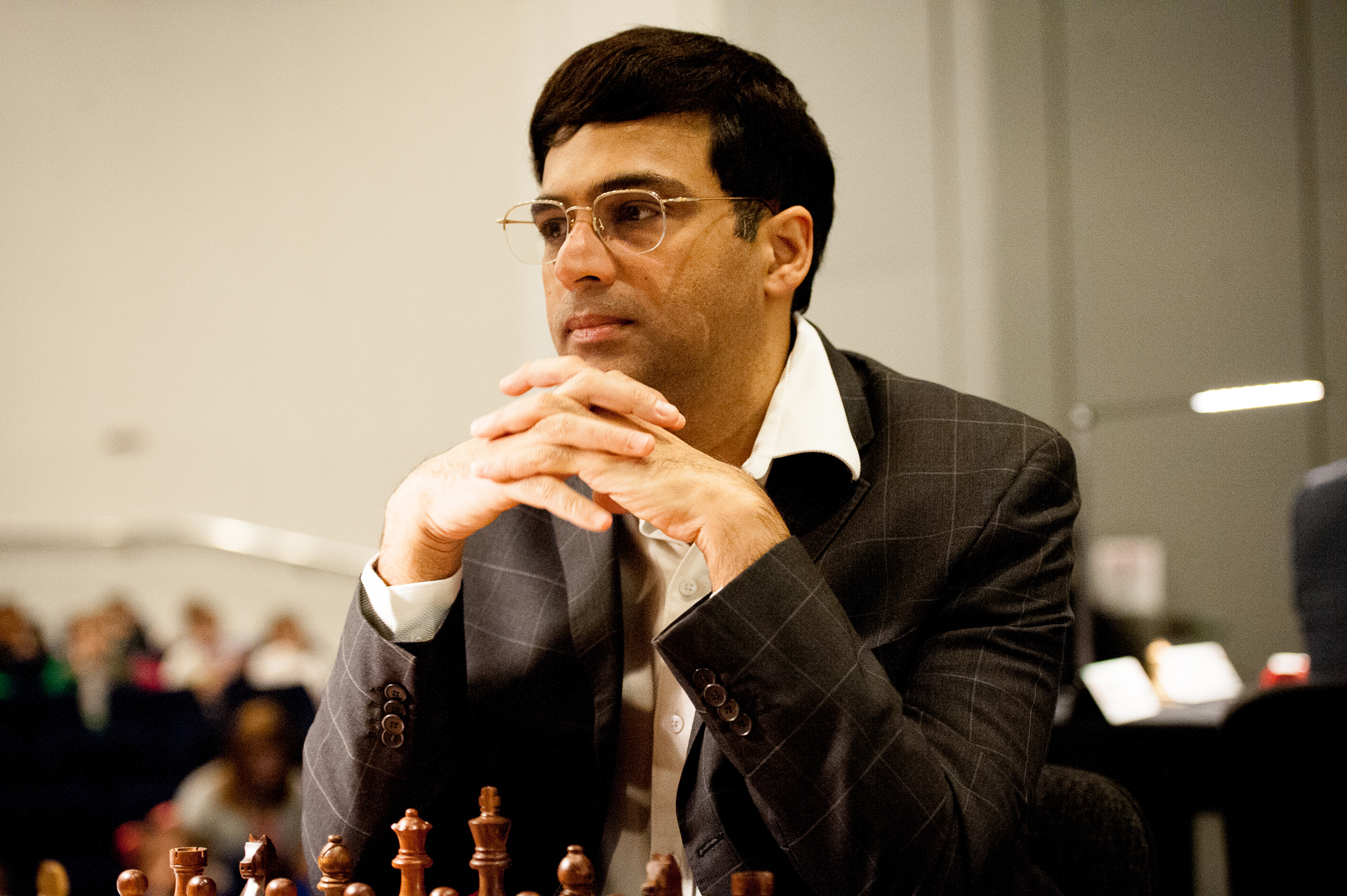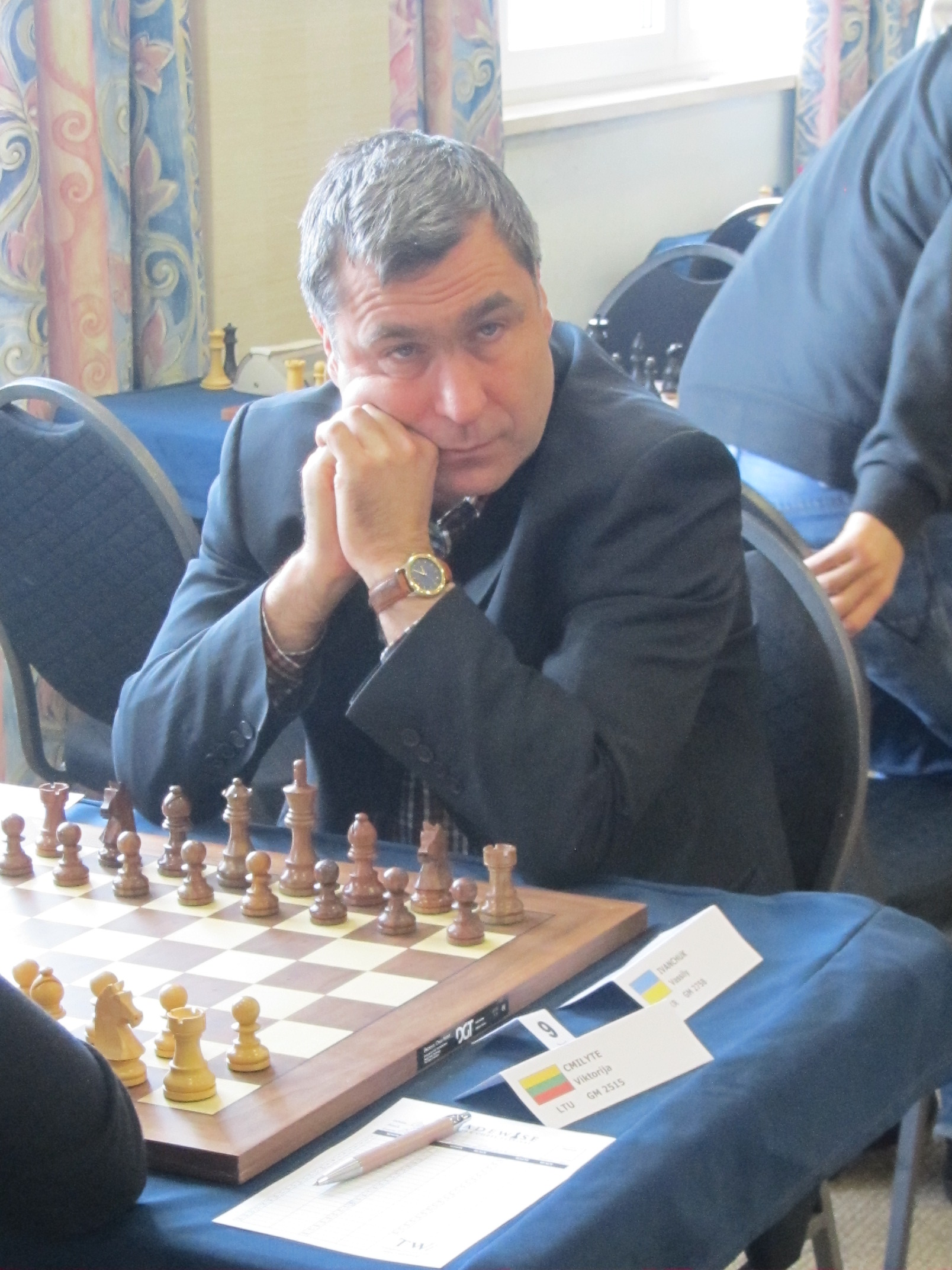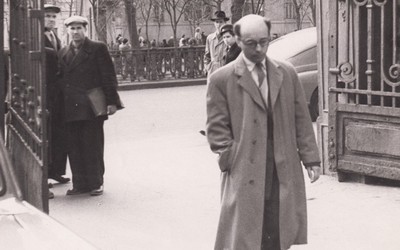
David Beckham waving the checkered flag at the 2019 Bahrain GP - Motorsport Images
Rapid Tests!
Some thoughts on the Rapid time-control, with snapshots from my recent games.Yeah, a pandemic pun, how original. After another long dry spell without much over-the-board chess, I recently managed to participate in three OTB tournaments over three weeks. That might sound rather unlikely for someone often working 50-hour weeks, like this author. Thankfully, all these tournaments were held just over a weekend or a Sunday each: they were played on a Rapid time-control.
I have always been a big fan of rapid chess. Don't get me wrong: few things are as exciting to me as a tough and intense battle on the chessboard over four or five hours. However, the amount of logistics I have to juggle to even allocate a week or so for a proper classical tournament these days, means that I only manage to play two or three of those on a good year. I do get my classical chess fix from team leagues on occasion, but it is not the same as fighting for the first place in a tournament. I know for a fact that the difficulty of setting aside enough time for a classical tournament has driven many good players away from the game, when they started a family or when their work commitments took precedence.
However, a rapid time-control tournament can be held over a weekend, or even a single day when it is on the faster end of the time control range. It is also more inviting for people who have recently started playing, for whom the classical time controls can be intimidating, and blitz time controls are still somewhat untenable. Importantly, for chess improvers, rapid chess can help you build up the most important study material: your own games. Rapid games lend themselves much better to post-game analysis than the usual hot mess of blitz games, you get enough time to write them down on a scoresheet, and the material accumulates much faster than having to wait until you play a few classical tournaments.
A question of quality
A quick Google search will reveal a very harsh consensus about rapid chess among past and current top GMs. It is "only for fun", it is "not real chess", it "kills your ability to focus". Of course there is a lot of merit to this kind of criticism, especially when chess is what one does for a living. However, I'm willing to offer some counterpoints for the case of amateur players.
I reckon that amateurs don't really play that much better in a classical game than in a rapid game. On the contrary, all that extra time is sometimes spent on things that hold us back. For example, limited confidence in our calculating capabilities often leads us to check each variation three, or four, or five times or so. Against a more experienced opponent this might occasionally spare us from ugly blunders, but it will always lead to eventual time-trouble, which usually spells disaster for even the most well-played game. Building confidence in your ability to see a few moves ahead is crucial in order to improve, and rapid chess forces you to do that.
Another common issue that I have experienced a lot is what I call the "correct rook" trap. After I decide that two or three moves I have at my disposal are of similar quality, I tend to spend precious time to figure out which one is the "best". Later in the game, when the board situation has heated up, I wish I had all those precious minutes back to spend them on actually surviving or winning a complicated position. Let me tell you something: You will always bring the wrong rook to that open file! Rapid forces you to be practical and efficient in your time management, which eventually forms the good habit of figuring out whether a decision is critical before you allocate a lot of time towards it.
But, could a rapid game ever be a masterpiece? In my opinion, the answer is yes. Surely, a rapid game can hardly ever be as "clean" or accurate as a classical game, but the additional tension brought by the time limit sometimes pushes games to a completely different trajectory, which often leads to greatness. Even before the current pandemic brought rapid chess to the mainstream, great games had been played in classic tournaments like the Melody Amber Rapid and Blindfold, and even some beautiful games of historic importance, like the final tie-break game in the recent Carlsen vs Karjakin World Championship Match (50.Qh6!!).
Some players even have a reputation for having a particular affinity to this time-control. Former world champion Viswanathan Anand, winner of the FIDE World Rapid Chess Championship both in 2003 and in 2017, as well as numerous other Rapid events, has justified his "Lightning Kid" sobriquet throughout the years. In the following heavyweight struggle against Vladimir Kramnik, he produced a stunning finish, which I will let you find for yourselves:
 Vishy Anand in 2016
Vishy Anand in 2016
During the COVID-19 pandemic, especially in the early days of strict nation-wide lockdowns, rapid chess emerged as the prefect time-control for organizing top-level online events, which attracted both stellar lineups as well as great prizes. One such event that I particularly enjoyed was the 2020 Legends of Chess tournament which pitted legends of the game against the champions of the current generation in a series of rapid matches. Vasyl Ivanchuk, winner of the 2016 FIDE World Rapid Chess Championship and one of the most decorated fast chess players of the past three decades, produced perhaps the most sensational game of the event, which began with the romantic King's Gambit:
 Vasyl Ivanchuk in 2013
Vasyl Ivanchuk in 2013
The sorrows of rapidness
Having said all of the above, one might get the impression that I am in favor of Rapid becoming the new official time-control, and Classical declining into oblivion. That's not the case, and this blog would not be complete if I did not include some of the major flaws of rapid chess, at least from my point of view:
- Rapid gives you no time to settle in: when I play a Classical chess game, I intentionally spend some extra time to calculate variations in the opening phase, even in positions that I've seen before. I do so in an effort to "warm up" and "get in the zone" before the first critical decisions arise. Rapid gives you no such luxury.
- Rapid gives you little time to ponder: despite what I said earlier about taking several long thinks during a game being a noob-trap, sometimes a "practical" move won't cut it, and the only way to find a good move in the position is to look deeper than the surface.
- Endgame play suffers: If endgames don't arise early in the game, you don't really have time to properly savor them when they do. Without a lot of time to ponder and calculate, endgame play is mostly left to the players' intuition and technique. I'm sure most people will agree if I say that endgame technique is a glaring weakness of most amateur players!
- Opening preparation increases in potency: Although games between amateurs are rarely decided straight out of the opening, dealing with surprises requires time, which rapid time-controls do not provide.
- Online rapid is more vulnerable to cheating: Cheating certainly exists in every time-control of online play. In particular, on longer time controls, even cheaters who are not really tech-savvy have the time to use methods too slow or impractical for blitz or bullet play, like inputting moves on a mobile device or browsing through a physical opening book.
What a thick wall of text. Let me move some pieces!
Alright, I got carried away again and wrote way more than I should have in this article. Time for some "Rapid tests"!
The first quiz comes from a big online event, the first Online Greek Team Championship organized early this year due to a strict lockdown that brought a halt to live events for a while. I played the opening very poorly and my position suffered, but here I got a chance to get back into the game:
This is from another online event from that period, organized by a local team on Lichess:
The other positions come from OTB rapid events which happened very recently. This one arose at the end of a very tough struggle where both sides had chances to win:
In a very strange game where I dubiously offered a lot of material and my opponent still rejected it, here I had the chance to secure an advantage with a typical tactic:
An early-game tactic arose in this game, which featured a variation of the Benko Gambit with a most unusual name: The Nescafe Frappe Attack!
This final opportunity arose at the end of a very tough game:
And this concludes another long article that few people will care about. Nonetheless, I have had a lot of fun writing this blog so far, and I will try to keep up with my monthly input for as long as I can. Thank you for taking the time to read my thoughts, and I hope you liked the tests! They couldn't have been as painful as a real COVID-19 rapid test, at the very least...

